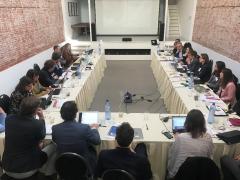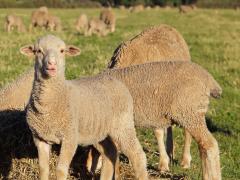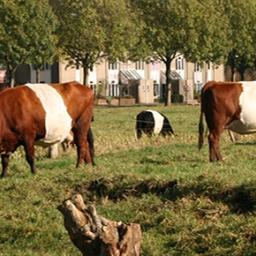New assessment of scenarios to guide UN-led global assessment on biodiversity
The UN Intergovernmental Science-Policy Platform on Biodiversity and Ecosystem Services (IPBES) recently announced the start of a three-year global assessment, for completion by 2019, to be guided by an adopted approach of using scenarios and models. The global assessment also measures progress on meeting the UN goals on biodiversity (under the UN Convention on Biological Diversity UN CBD) and sustainable development (the 2015 UN Sustainability Development Goals).
Tools for policymaking on biodiversity and ecosystems services
This approach to using scenarios and models for biodiversity and ecosystems services stems from a wide-ranging assessment. This assessment, the first of its kind, was conducted by 81 international experts and coordinated by PBL Netherlands Environmental Assessment Agency. Citing more than 1,500 scientific papers, it provides the tools for helping policy makers evaluate the impacts of their decisions.
The report includes the use of scenarios and models to manage fisheries sustainably or to carry out land use planning that balances needs for development and biodiversity protection. The assessment will help make better use of scenarios and models in other IPBES regional and thematic assessments.
The summary of the report is online at IPBES.
IPBES: assessing state of biodiversity
The Intergovernmental Science-Policy Platform on Biodiversity and Ecosystem Services (IPBES) is similar to the Intergovernmental Panel on Climate Change (IPCC). It was established in April 2012 as an independent intergovernmental body for assessing the state of the planet's biodiversity, its ecosystems and the essential services they provide to society. IPBES is open to all member countries of the United Nations and currently has over 124 members.
The Netherlands government contributes to this process by financing PBL Netherlands Environmental Assessment Agency to host the Technical Support Unit that coordinates the work on scenarios and modelling.




